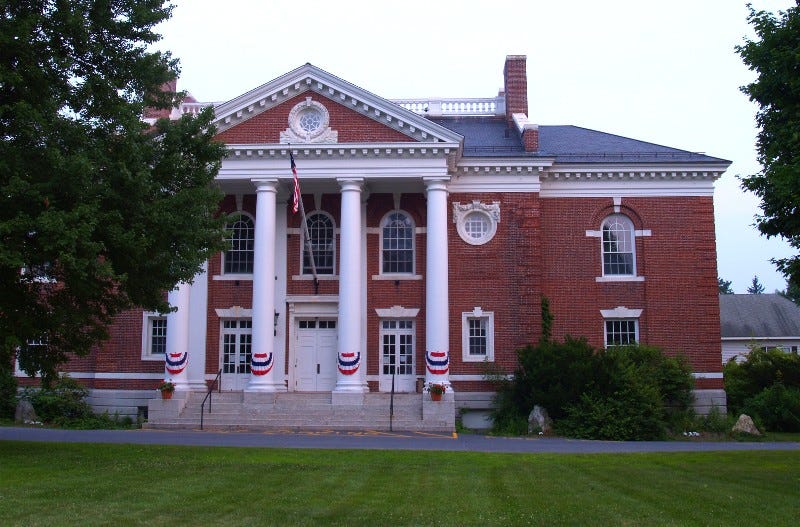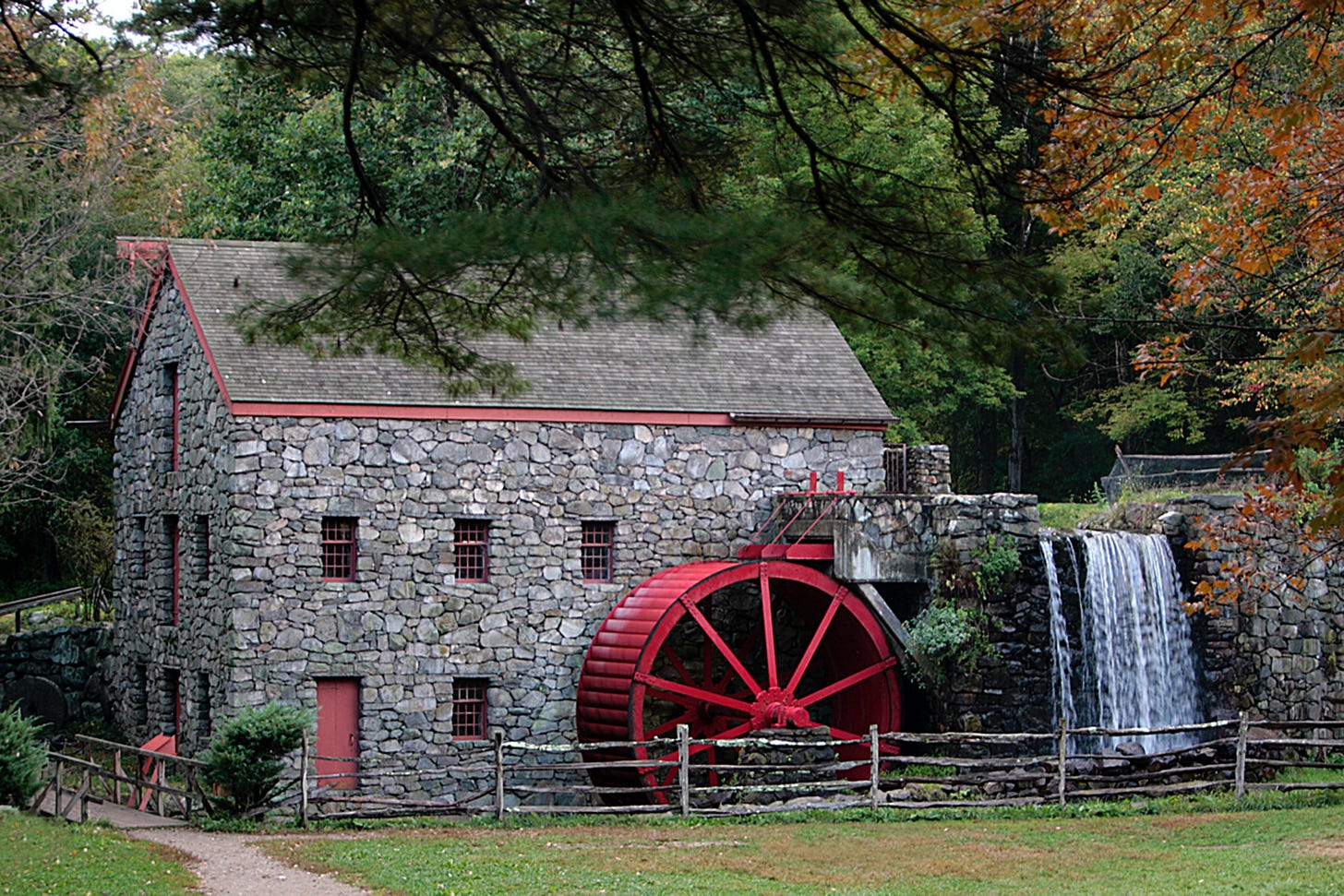Echoes Across the Atlantic: Exploring Linguistic Ties
Placenames we've inherited from the United Kingdom
Motoring around Massachusetts, I see a lot of place names that make me wonder – what does Worcester even mean? Where did the name Lancaster come from?
Being the history and language nerd that I am, I did a little research.
As a former British colony, Massachusetts boasts towns and cities christened by colonists in honor of the Motherland.
Caster
The suffix -caster in Lancaster comes from Latin castra, or military camp/fortification. Lancaster Castle is a famous landmark there and is owned by King Charles III in his capacity as the Duke of Lancaster.
In England, the name Lancaster first appeared in the Domesday Book (a survey of property originally commissioned by William the Conqueror). In the year 1086, the book listed the area as Loncastre, where "Lon" refers to the River Lune and "castre" from the Latin castrum for "fort". The suffix -castre also morphed into -cester and -chester, as in Worcester and Manchester. There were likely many, many fortifications across Britain, so the term “fort” is a frequent theme in the names, which is apt. Lancaster saw quite a bit of fighting when the eponymous royal house locked swords with its rival, the House of York.
Lancaster is the only “caster” here in Massachusetts but is one of the oldest towns; it was officially incorporated in 1653. When a town is incorporated, it means it has received a charter, or official permission, to have its own local government.
Burghs and Burys
The Old English word burh has branched out into various forms: it appears in England as -bury (Canterbury), -borough (Scarborough) and -brough (Middlesbrough).
Canterbury is famous thanks to Geoffrey Chaucer, but it was first known as the “fortified town of the Kentish people”.
Scarborough is - you guessed it - another fortification that held a Roman signal station overlooking the North Sea. It was one in a series of stations that warned any nefarious invaders nearby that Romans were present and ready to rumble.
It’s “Bury” Good
We have no “broughs” here in Massachusetts, but we do have Sudbury, Amesbury, and Newbury.
I like Amesbury’s origins. Derived from the Old English amore-burh, it means that it was a fortification “frequented by buntings and Yellowhammers”. Translation: they had cute birds. Lucky!
Sudbury started as Suðbyrig (try saying that five times fast). They were also mentioned in the Domesday Book of 1086 as a market town. It was named “sud” in part to indicate its southern direction from other major areas.
Wayside Inn Mill, Sudbury, MA
And don’t get me started on all the -boroughs. Marlborough, Southborough and Westborough can be found driving along one of the main North/South highways, I-495 (though their endings are shortened to “boro” to fit on the signs).
In Scotland, the ending is seen as -burgh, as in Edinburgh. This proud moniker is associated with the late Duke of Edinburgh, a.k.a. Prince Philip. It’s fitting that he had this title, as it reflects his German and Danish heritage. The -burgh ending is related to Germany’s Hamburg and Denmark’s skanderborg. All mean “fortified settlement” (surprise!).
Enjoy this content? Bookmark and like this article to let me know you are interested, and a part two will be put into the works!







